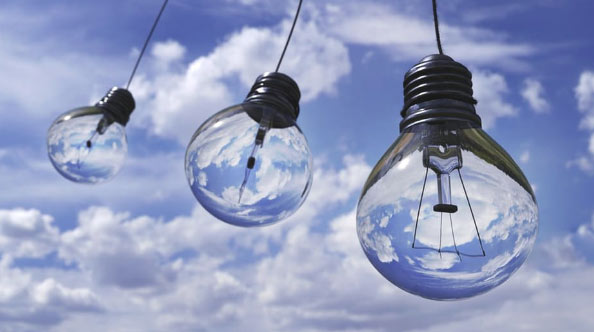The End Is Nigh For +++ Ratings As A-G Labels Return

If you remember when the country switched to the new and innovative energy label, then you’ll be familiar with the hassle and confusion. And, if you’re a fan of the old A-G system, then your luck is in, as A-G labels are set to return to our favourite appliances.
A few months ago, the European energy label announced it was going to revert back to its original A-G format, thus saying goodbye to its three pluses for good. Much to the joy of experts in the sector, they claim it makes it easier to follow and understand the differences between energy-efficient appliances and those which are less than efficient.
Only a positive move for the industry, it will make consumers more aware of their appliances and tech around the home. After all, as electronics have got infinitely eco-friendlier, more have been receiving ‘A’ energy-ratings, with many consumers not being aware that, in actual fact, these aren’t even close to being amongst the most energy-effect. So reverting back could actually cause appliances to drop from an ‘A’ rating to a ‘C’ – or maybe even lower. So now, only the top-rated appliances will don the sought-after ‘A’ rating.
Of course this won’t happen overnight. Nor will it happen all at once. At present there are varying timescales for when the different product groups will revert to the new (old) label. White goods, such as your fridge and washing machine, along with TVs and lighting are expected to wind back the clock first. All are hoped to boast the new label within three years, while other products will follow, with them all boasting the same label by 2024.
The only exception with this is boilers. These are not likely to make the switch until 2030, leaving them lagging quite significantly. Potentially causing even more confusion, there is also the concern that this will ‘lock in’ fossil fuel condensing boilers until this point. Not allowing upcoming technologies like heat pumps to break through, some experts say that although this change will be good for the consumer, it could be less of a positive for the environment and the development of new tech.
All in all, at BLT, we’re happy this is set to change back. Anything that makes it easier for consumers to understand how efficient items are, and make the right choices hereon is only a good thing.
If you’re looking to up your green credentials, why not invest in LED lightbulbs? They are up to 80% better for the environment than traditional halogen or incandescent lightbulbs.
Created by Steve Ellwood on 14th July, 2017
Author
 | Steve EllwoodQualified as an Electrician, founder of BLT Direct |



